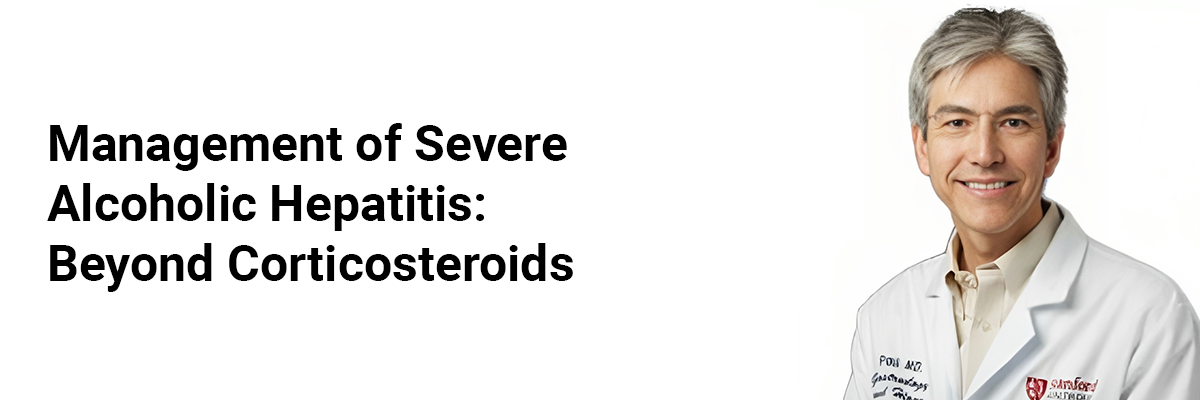
 IJCP Editorial Team
IJCP Editorial Team
Management of Severe Alcoholic Hepatitis: Beyond Corticosteroids
Biomarkers to identify early alcohol use disorder (AUD), alcoholic liver disease (ALD) and alcoholic hepatitis play a crucial role in predicting mortality, complications, organ failure and the recovery of hepatic function.
The identifi cation of effective therapies for moderate to severe alcoholic hepatitis is pursued based on therapeutic targets across multiple mechanisms.
While prednisolone/prednisone remains the current standard of care, its use is declining due to concerns about the risk of infection and suboptimal effi cacy.
The exploration of fecal microbiota transplantation (FMT) in expanded trials is warranted, considering its potential as a therapeutic option.
Antibiotics, although reducing infections, do not necessarily improve survival in the context of severe alcoholic hepatitis.
Ongoing research involves testing novel therapies, but consensus on endpoints is needed for a more comprehensive evaluation of their effi cacy. Additionally, there is a requirement for additional data to better explain regional differences in treatment outcomes for severe alcoholic hepatitis.

IJCP Editorial Team
Comprising seasoned professionals and experts from the medical field, the IJCP editorial team is dedicated to delivering timely and accurate content and thriving to provide attention-grabbing information for the readers. What sets them apart are their diverse expertise, spanning academia, research, and clinical practice, and their dedication to upholding the highest standards of quality and integrity. With a wealth of experience and a commitment to excellence, the IJCP editorial team strives to provide valuable perspectives, the latest trends, and in-depth analyses across various medical domains, all in a way that keeps you interested and engaged.



















Please login to comment on this article